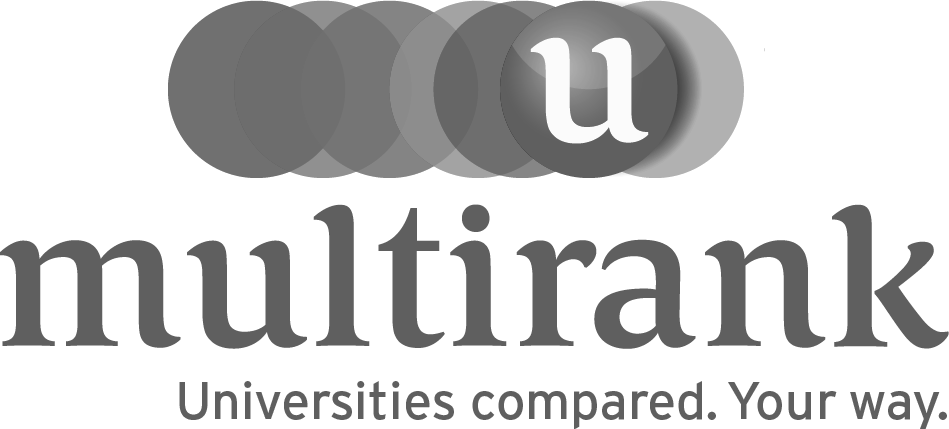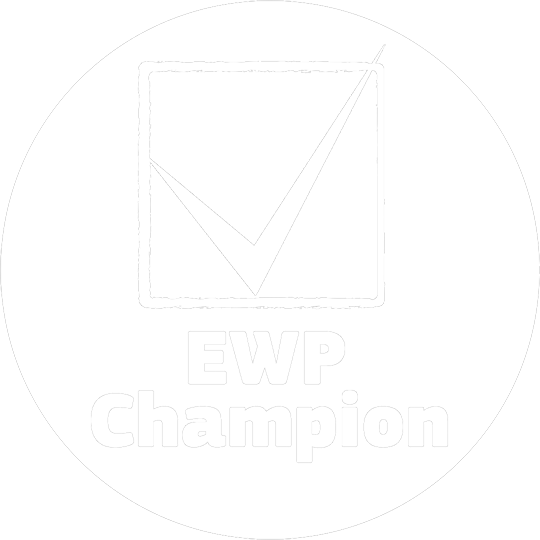If you ask an average high school student in Croatia what EU membership means to them, the answers will range from +traveling without borders’ to ‘the euro made my coffee more expensive.’ But how many young people truly understand how the EU functions and what opportunities it provides?
The University of Dubrovnik seeks to answer this question through the HI EU – Croatian Initiative for the European Union in Schools project, funded by the Erasmus+ Jean Monnet Teacher Training program. The project’s goal is to help teachers bring European topics closer to students in an engaging and interactive way. The EU is not just bureaucracy and regulations—it represents opportunities, rights, and a shared future.
‘Knowledge about the European Union is often limited to a few lessons in history and political science textbooks, but that is not enough. Young people get their information from social media, where they are exposed to misinformation and myths about the EU. Our goal is to equip teachers with the tools and knowledge they need to present students with a realistic picture of the Union and its impact on their lives,’ explains Nebojša Stojčić, project coordinator.
Why is this project important?
Research shows that Croatian citizens, especially young people, have a weaker understanding of the EU compared to their peers in other countries. According to Eurobarometer, only 42 % of Croatians feel like EU citizens—the lowest rate among member states. At the same time, only 4 % believe they are well informed about their rights in the EU.
‘Being part of the EU is no longer something people actively question—it’s taken for granted. However, if we want young people to become active citizens, to take advantage of Erasmus programs, participate in European projects, or apply for jobs within the EU, we need to educate them on how the system works,’ says Stojčić.
How are we making a difference?
Through HI EU, we aim to provide teachers with the knowledge and tools to make European topics more accessible and relevant to students. Training sessions, both online and in-person, will help them better understand EU institutions, the history of European integration, and the Union’s future direction. The focus is on practical knowledge—not just theory, but real-life applications.
To gain deeper insight into how the EU operates, some teachers will participate in a study visit to European institutions, where they will have the opportunity to engage directly with policymakers and experts. This experience will allow them to present students with a realistic perspective on how decisions are made, how policies are created, and how they affect Croatia.
In collaboration with teachers, innovative teaching materials are being developed, adaptable to various subjects and school curricula. The goal is for EU topics not to be just an “extra lesson” in history or political science but an integral part of multiple subjects, from economics to sustainable development.
A particular focus is placed on including schools from rural and island areas, where European topics often seem distant and abstract. We want to bring the EU closer to those who are physically the furthest from its centers and show that European policies impact the daily lives of all citizens, regardless of whether they live in a large city or a small island community.
What do we expect from the project?
HI EU is not designed to be a short-term project that disappears after three years. The idea is that teachers gain knowledge and resources that will remain part of school programs even after the project ends.
‘We are not doing this just to hold a few workshops and send people on a study trip, but to create a lasting impact on how we teach about the EU. We want students to leave school with an understanding that the Union is not something abstract and bureaucratic but something that shapes their opportunities, rights, and future,’ says Stojčić.
The project brings together teachers from different parts of Croatia—from urban high schools to small schools in rural areas. The plan is to include at least 40 teachers in training and 10 schools in the pilot program, with an expected direct impact on more than 400 students.
The future: Understanding what the EU means for you
Ultimately, the goal of HI EU is not just for students to learn more about European institutions but to understand how this knowledge can benefit them in life.
‘We can write essays about the EU in schools, but if a student doesn’t know that they can already take advantage of the opportunities the Union offers, we haven’t achieved anything. If this project helps young people see the EU as something that directly affects them—not just as a distant story from Brussels—then we are on the right track,’ concludes Stojčić.











